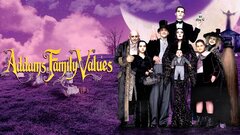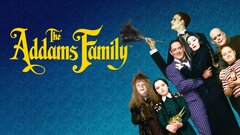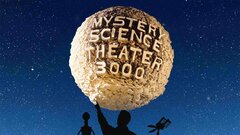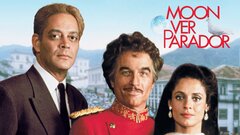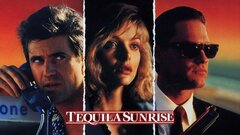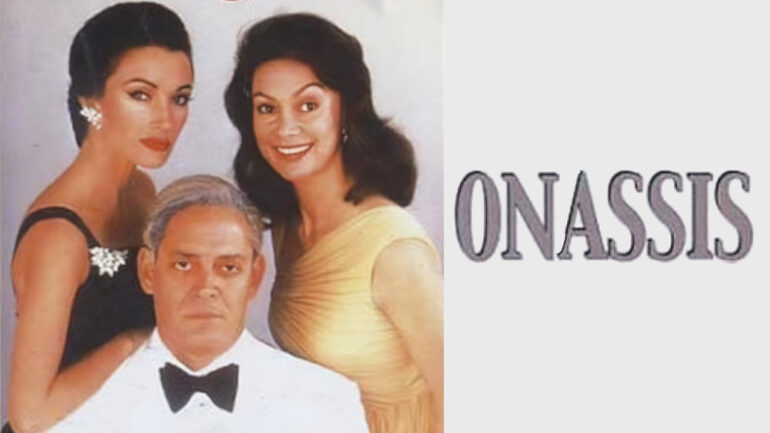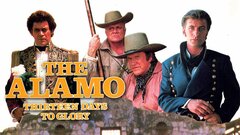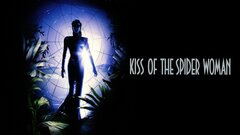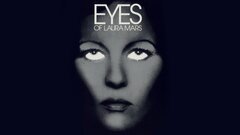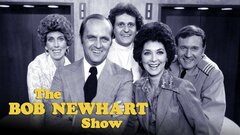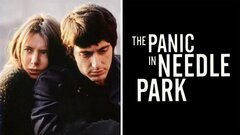A magnetic presence on both stage and screen, actor Raul Julia electrified audiences with the intensity of his performances in a wide variety of roles, from the malevolent Mack the Knife in "The Threepenny Opera" and the impassioned political prisoner in "Kiss of the Spider Woman" to the ghoulish Gomez Addams in "The Addams Family" (1991). He was born Raul Rafael Julia y Arcelay in Floral Park, a suburb of San Juan, Puerto Rico, on March 9, 1940, the son of a former opera singer and an electrical engineer turned successful restaurateur.
His family's prosperity allowed Julia to enjoy a world-class education at the private Catholic school Colegio Espiritu Santo, where he also gave his first stage performance as the Devil. The experience, along with a viewing of Errol Flynn in "The Adventures of Robin Hood" (1938), convinced Julia to pursue a career in acting, and he continued to act in and produce school productions at Colegio San Ignacio de Loyola and later, the University of Puerto Rico.
His parents, however, wanted him to study law, and he indulged their wishes with a year at Fordham University in New York before returning to Puerto Rico and resuming his acting aspirations. He worked steadily in a variety of showcases, from classical theater to musical acts and television programs before deciding to relocate to the United States on the advice of actor Orson Bean, who saw Julia perform while on vacation in Puerto Rico.
Julia arrived in New York City in 1964, and after a period of training and odd jobs for financial support, began appearing Off-Broadway in classical and modern productions. While performing poetry in 1967, Julia gained the attention of New York Shakespeare Festival founder Joseph Papp, who made him stage manager for a production of "Hamlet" and also cast him in several other plays.
By 1969, Julia had moved up to starring roles on Broadway in The Cuban Thing and Arthur Kopit's Indians, as well as leads for the New York Shakespeare Festival, most notably in a 1972 production of "Two Gentlemen of Verona," for which he earned his first Tony nomination. During this period, Julia also began appearing in feature films, including "The Panic in Needle Park" (1971) and "The Organization" (1971), and on four episodes of the PBS educational series "Sesame Street" (1969- ) as Raul the Fix-It Man. The stage, however, remained his primary showcase during this period, and Julia would earn two more Tony nominations for a 1974 production of "Where's Charley?" and as Mack the Knife in "The Threepenny Opera" in 1976.
In 1978, he drew critical praise for his turn as Count Dracula in the Tony-winning revival of Hamilton Deane's play and as Petruchio opposite Meryl Streep in "The Taming of the Shrew." His film career finally began to flourish in the mid-1980s with his Golden Globe-nominated turn as a political prisoner in Hector Babenco's "Kiss of the Spider Woman"; the success of the film and praise for his performance led to appearances a string of major studio pictures, including a savvy detective in Frank Perry's "Compromising Positions" (1985), Jane Fonda's hairdresser husband in "The Morning After" (1986), a conniving politician who convinces Richard Dreyfuss to impersonate a Latin dictator in "Moon Over Parador" (1988), a Mexican federal officer in Robert Towne's "Tequila Sunrise" (1988) and Salvadoran Archbishop Oscar Romero in "Romero" (1989).
Julia also enjoyed substantive roles on television, most notably as Aristotle Onassis in "Onassis: The Richest Man in the World" (ABC, 1986), but he was perhaps best known to most moviegoers as the exuberant and macabre Gomez Addams in Barry Sonnenfeld's big-screen adaptation of "The Addams Family" (1991). A costly and stressful production for most of its cast and crew - Julia burst a blood vessel in his eye during filming - "Addams" was a sizable hit, and generated a modestly popular sequel, "Addams Family Values" (1993).
The latter film would prove to be the last feature released during Julia's lifetime; according to various sources, Julia's health began to decline due to stomach cancer or an infection in the early 1990s, causing him to experience considerable weight loss and weakness. Despite his condition, he remained active on stage, appearing in a 1992 Broadway production of "Man of La Mancha," in the HBO drama "The Burning Season," and in the Jean-Claude Van Damme action vehicle "Street Fighter."
He completed his final screen role as a Central American military torturer in hiding in "Down Came a Blackbird" (Showtime, 1995) two weeks before being hospitalized for intense abdominal pain on October 16, 1994. He suffered a stroke that evening and fell into a coma before succumbing to complications from the stroke on October 24, 1994. His body was flown to Puerto Rico for a state funeral before thousands of mourners, while actors in New York paid tribute at the Joseph Papp Public Theater. For his performance in "The Burning Season," Julia was posthumously awarded an Emmy, Golden Globe, and Screen Actors Guild Award.




